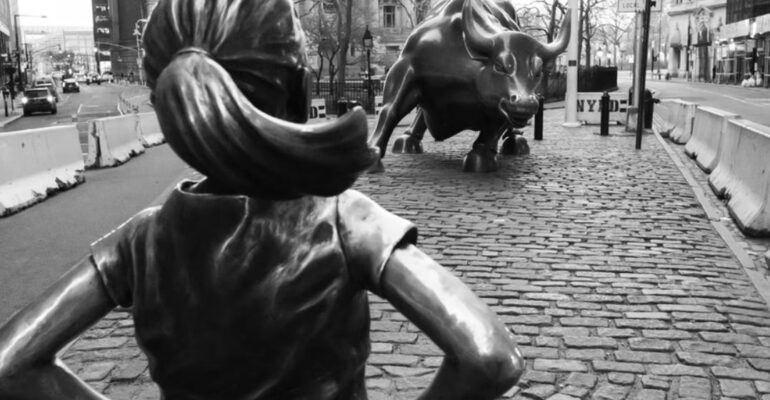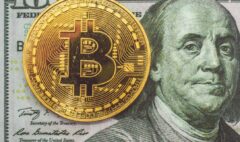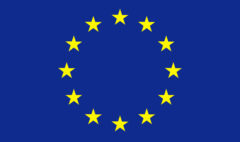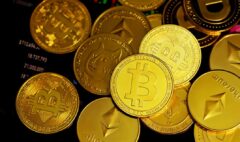How US Economy is Confusing Everyone
June 28, 2022 2022-06-28 17:08How US Economy is Confusing Everyone
How US Economy is Confusing Everyone
US ─ For the first half of 2022, the US economy has seen some of the most unprecedented feats in recent history. The record-high inflation, a corresponding history-breaking interest rate hikes, and an energy price surge unlike anything seen before ─ are the most notable examples of how a mere six months into the year could make a decisive blow to the largest economy in the world.
In the limelight of all of these is the US Central Bank, the Federal Reserve. Undoubtedly, they make the single most influential decision to the overall US economy, which sends shockwaves to global economies worldwide. However, Fed can also be baffling in its decisions.
The US Federal Reserve Confuses Stakeholders
In a recently published composition by Derek Kahn Thompson, a renowned author and writer at a well-known American Publisher and Magazine, “The Atlantic.” Thompson made a compelling case for why the current economic dilemma is a by-product of a bewildered Federal Reserve.
In his composition, he prefixed, “Just six months ago, the Fed said it expected that prices would normalize in 2022, and it forecast that a key inflation index would average 2.6 percent growth this year. But now it projects that 2022 inflation will be twice as high, at 5.2 percent.”
Thompson continued, “Three months ago, the Fed signaled that it would raise a key interest rate by 0.5 percentage points in June. But this week, the Fed changed its mind after getting spooked by a few inflation reports and suddenly decided to jack up the federal-funds rate by 0.75 points, its most significant increase in 28 years.”
“He [Fed Chair, Jerome Powell] explained that headline inflation has soared primarily because of supply-side issues, such as the war in Ukraine’s impact on the gas market, that the Fed can’t really do anything about. But he also insisted that the Fed had to up the ante on interest-rate hikes to bring down inflation by reducing demand.”
Furthermore, when it comes to recession fears and the action of the Federal Reserve to supposedly avoid a dreaded recession, Thompson said that the Federal Reserve “insisted that it didn’t want to send the economy into a recession, but the Fed’s own economic forecasts project several consecutive years of rising unemployment—something that generally happens only in a recession.”
Thompson offered a controversial conclusion that the Federal Reserve is essentially trying to pull down demand just enough to downscale excess inflation but not too much that the economy crashes.
The Biggest Near-term Risk to The US Economy
Going on the same theme, Paul Krugman, a Nobel laureate in economics awardee and a professor at the University of New York, has warned that the most significant risk in the near future is a possible more aggressive contractionary/tightening monetary policy being implemented, saying “The biggest risk [in the US economy] is that the Fed will overdo it and it will slam on the brakes too hard.”
Krugman continued, “My guess is that the markets are probably overstating how much the Fed is going to raise rates. We’re probably going to be seeing ─ just as inflation went up faster than people thought it would as the economy overheated ─ inflation probably comes down faster than people thought it would as the economy cools off.”
“Most of the inflation we’re seeing is special factors that will go away — Russia won’t invade Ukraine every month,” Krugman said. Thus, if the Federal Reserve becomes frantic and increases interest rates too much in a short period to deal with inflation, it could cause a downward spiral that destroys the confidence of its stakeholders in the process.







